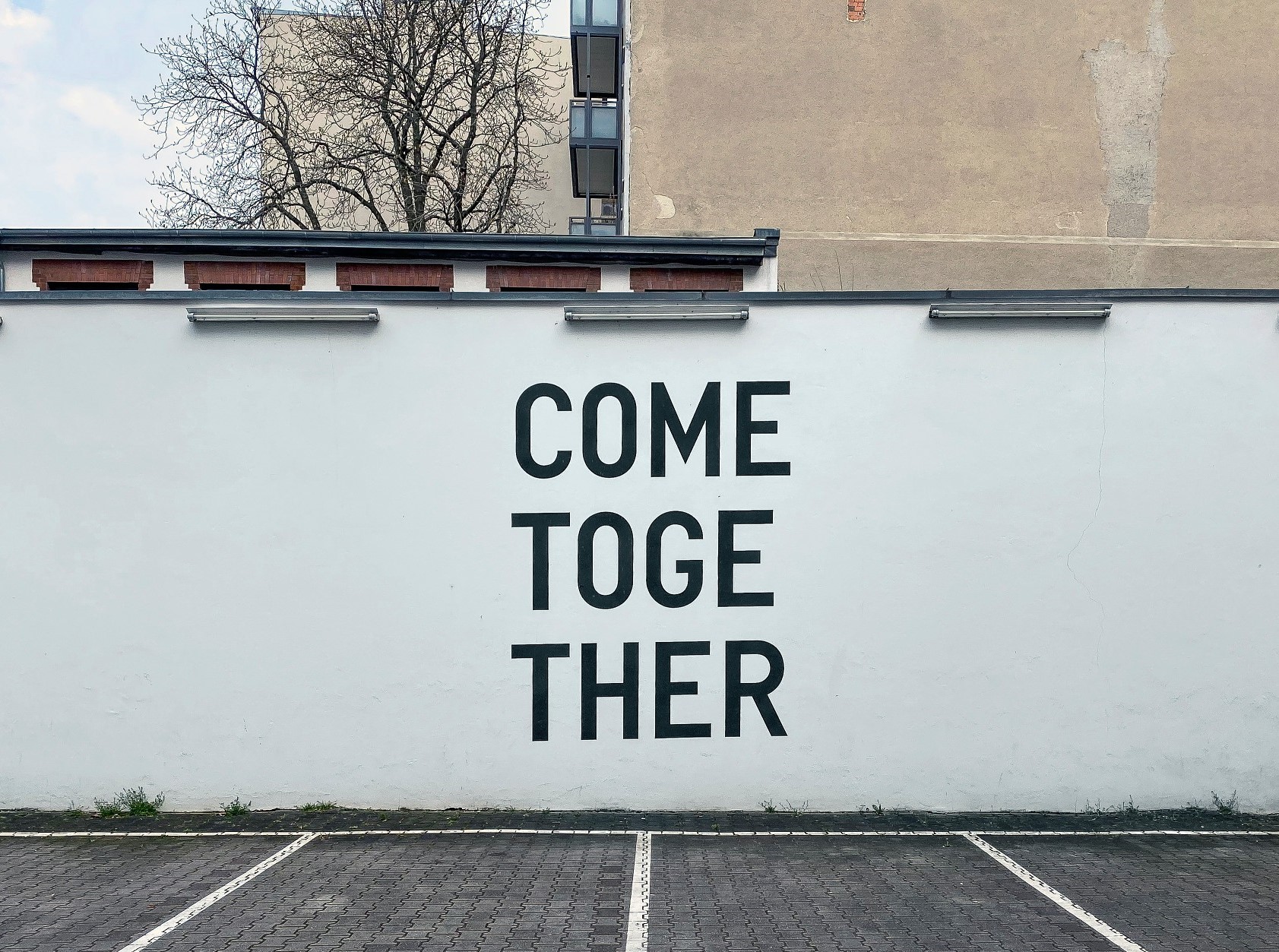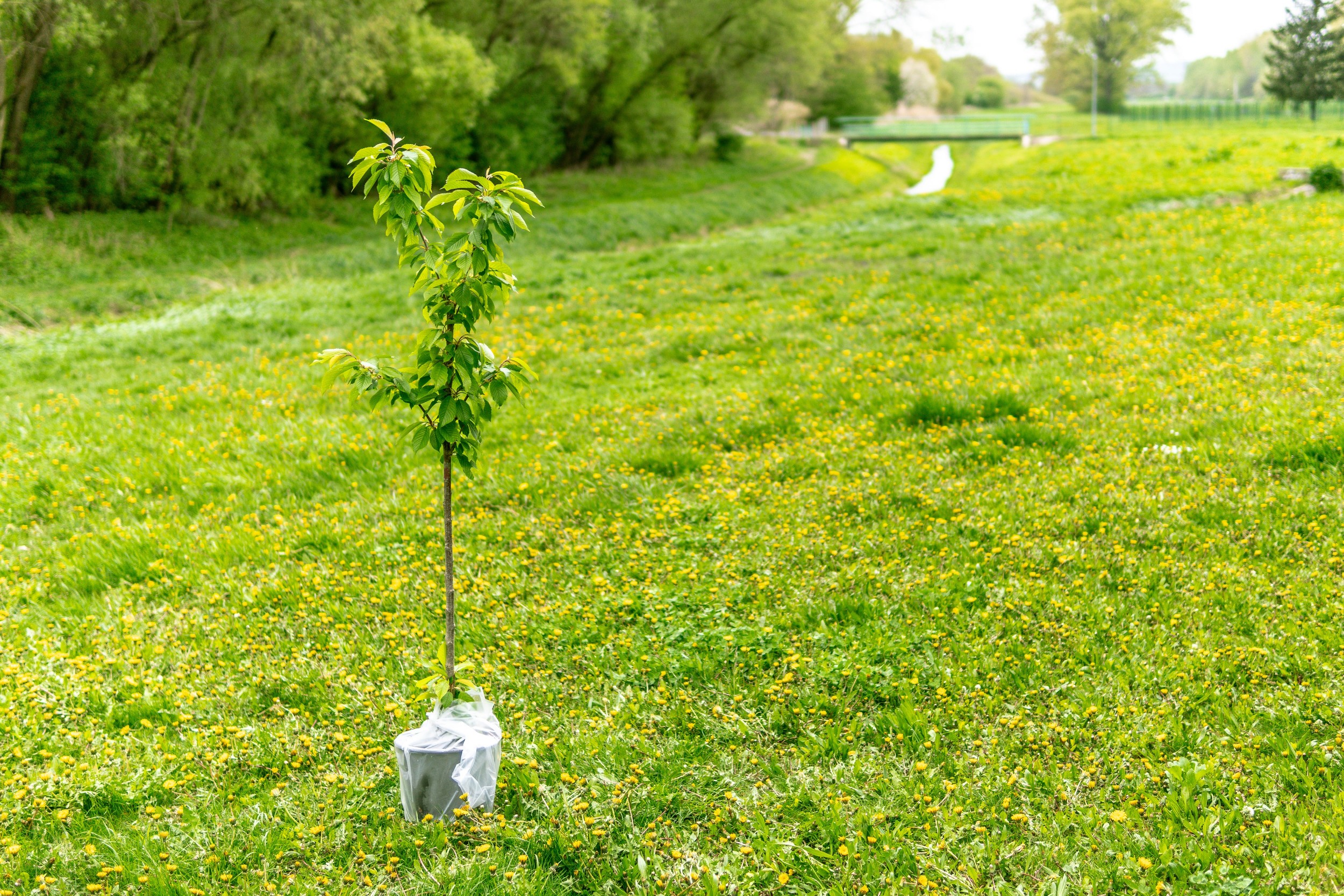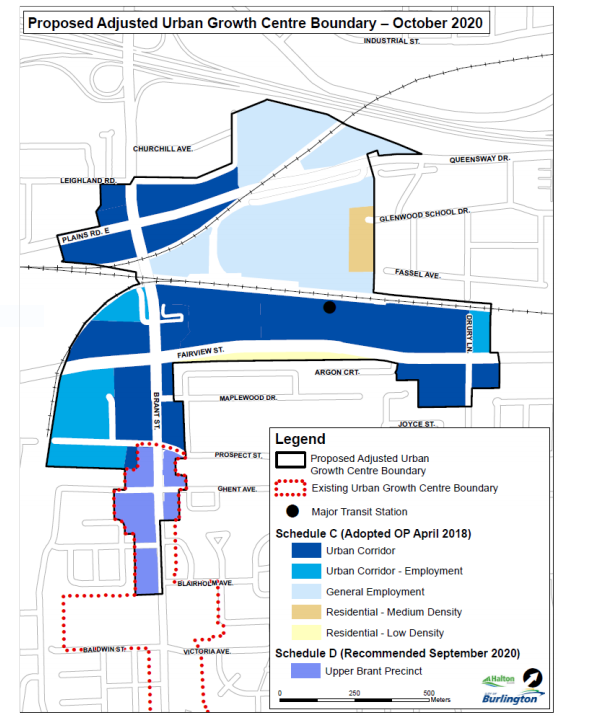By Rebecca Gruszka, Local Journalism Initiative Reporter
On Monday, June 3, Director of Education Curtis Ennis and Human Rights and Equity Advisor Pardeep Nagra of the Halton District School Board (HDSB) hosted a live, virtual Directors Panel Series called “Talk it Out” for HDSB families, students, staff, and community members.
This event explored how individuals from diverse backgrounds can come together to cultivate more inclusive and harmonious communities. Ennis stated that the goal was to create school communities where Jewish, Muslim, Palestinian, and students of all faiths and backgrounds feel welcome and included.
He believes that achieving this goal requires everyone working together: “Teachers, staff, and members of the educational community, building supportive and inclusive environments within our schools.”
Members of the Interfaith Council of Halton (ICH) were invited to speak about their experience and involvement in building a strong interfaith community and the importance of education and interfaith dialogue. These members included ICH Chair Gillian Federico from the Halton Catholic District School Board, Secretary Rev. Morar Murray Hayes from Maple Grove United Church, Programming Director Rabbi Stephen Wise from Shaarei-Beth El Synagogue, Member at Large A.Q. Mufti from the Al Falah Islamic Centre, and Shahin Sobhani from Baha’is of Oakville.
The Interfaith Council of Halton was formed in 2001 to unite with compassion in solidarity to combat injustice, racism, and prejudice of all kinds and to learn, respect, and honour each other’s differences. Their website notes the golden rule of “treating others the way we would like to be treated” is shared by all religions and is an example of a core principle that leads their work.
The first half of the meeting was a discussion focusing on the importance of education among the different faith groups, the importance of building relationships, youth involvement, and support and solidarity. IFH discussed how they’ve responded to current events and the role of empathy and dialogue in those responses.
Education was discussed as an ongoing commitment and has been the foundation of their interactions in every meeting, enriching their understanding and appreciation of diverse beliefs and practices.
Rev. Murray Hayes shared that education has become “fundamental to the way I relate to people of other faiths, who hold different thoughts, beliefs, or opinions.” She went on to say that it has “allowed me to appreciate values that, while not part of our own history, ritual, or discipline, nonetheless elevate positive principles that we share.”
Mufti spoke about how the Interfaith Youth Festival has been a successful way to bring different faith groups into schools and has helped with student learning and understanding of each faith group. During the event, students fill out a booklet of questions on each faith group and by the end of the event, they end up with a completed comparative religious study.
To evaluate the success of this event, surveys were given to students before and after their participation. The results showed that students’ understanding of other faith groups had risen by 85% from that one event alone.
Empathy, listening to understand, and standing together were also important topics of discussion. Rabbi Wise shared his belief that by starting from a place of empathy, one can set the tone when talking about difficult and divisive situations. Shobhani stated that the best part of working with ICH is the collaboration, respectful listening, and understanding that is in line with his beliefs as a member of the Bahai faith. Federico stated that an important lesson the Interfaith Council lives and teaches is how dialogue can lead to people with very different beliefs coming together to listen, gain understanding, and come to agreement.
The second part of the meeting involved a discussion led by Nagra with questions from the community, submitted before the meeting. The group was asked how ICH can benefit schools, how to navigate conflicting beliefs and ideology, and their advice for improving dialogue and understanding in schools.
In response, ICH suggested a partnership with HDSB, where they can come to the schools to create, teach, and lead religious programming like World Religion classes. Encouraging dialogue to highlight what students have in common was noted as important when faced with students with conflicting beliefs.
Another question was about the role of social media in the context of interfaith understanding. ICH noted that while social media can be a great tool, it can do harm. They noted that social media can divide the community through misinformation and does not lead to productive dialogue. The Council encouraged counteracting social media’s negative effects by teaching students to use social media responsibly, with empathy and understanding.
The council recommended establishing environments for genuine listening, where the goal is to understand rather than to argue, using interfaith activities and educational programs to foster a sense of community and shared learning. They noted that parents and schools should work together to educate children on the importance of respecting diverse beliefs and practices.
The meeting ended with a call to action from Director Ennis to the teachers, staff, and other members of the Halton District School Board community to “build this sense of community within their schools.”
He emphasized how important it is to have spaces where we can “express how much we care about one another,” that we need to “ensure we are listening to each other” and how, especially in challenging times, he “hold[s] onto hope that we can move towards a place of greater understanding and support.”





